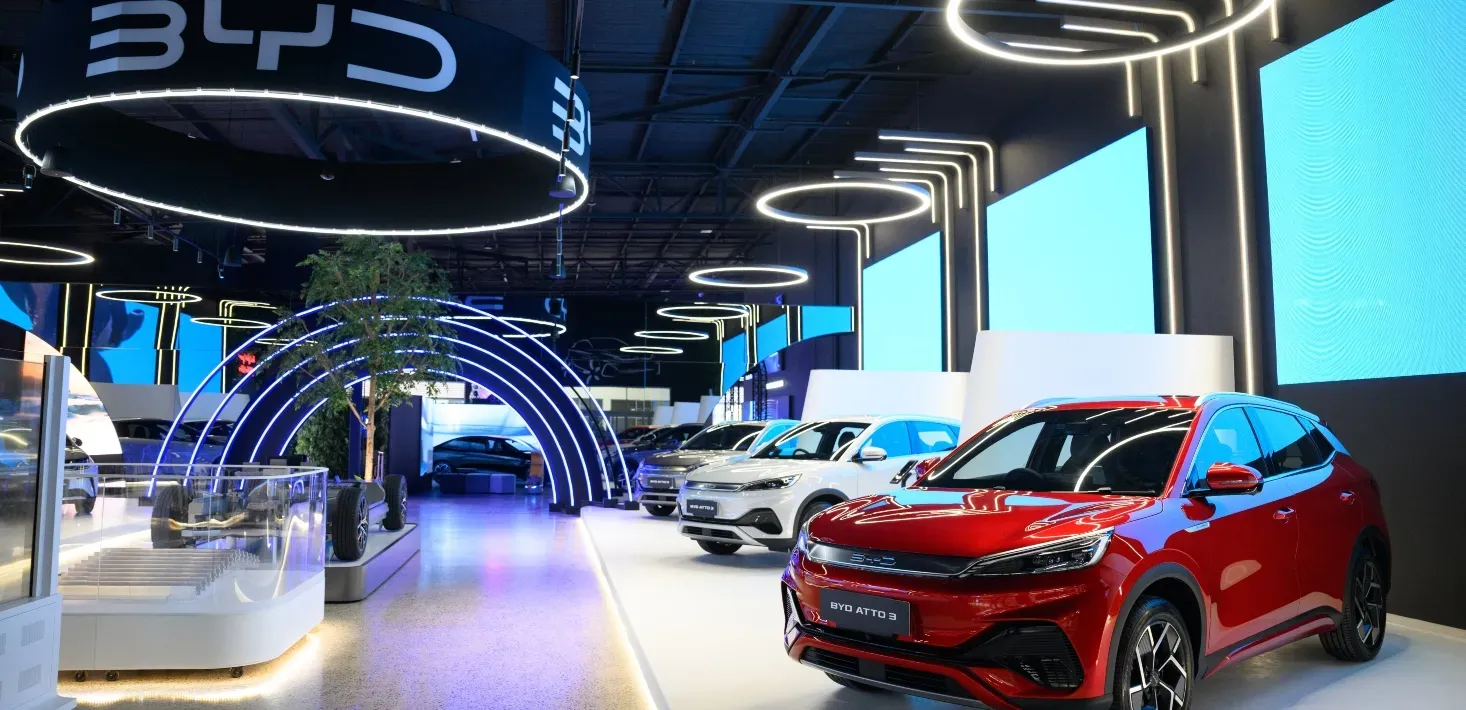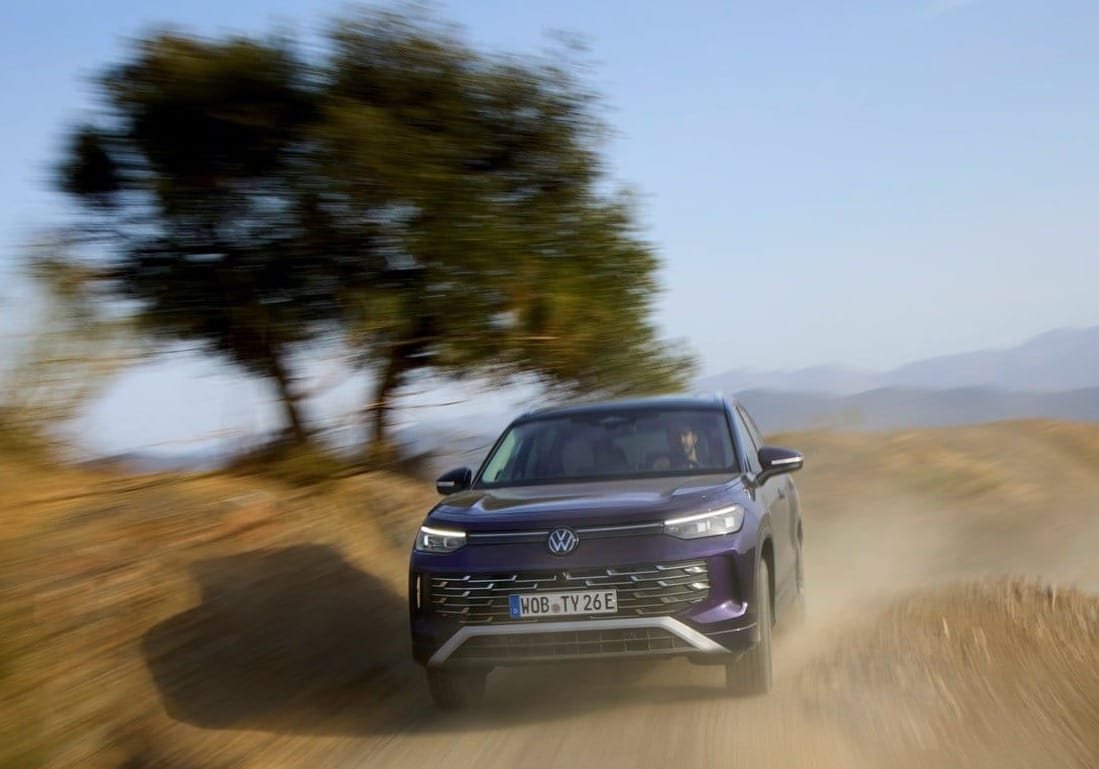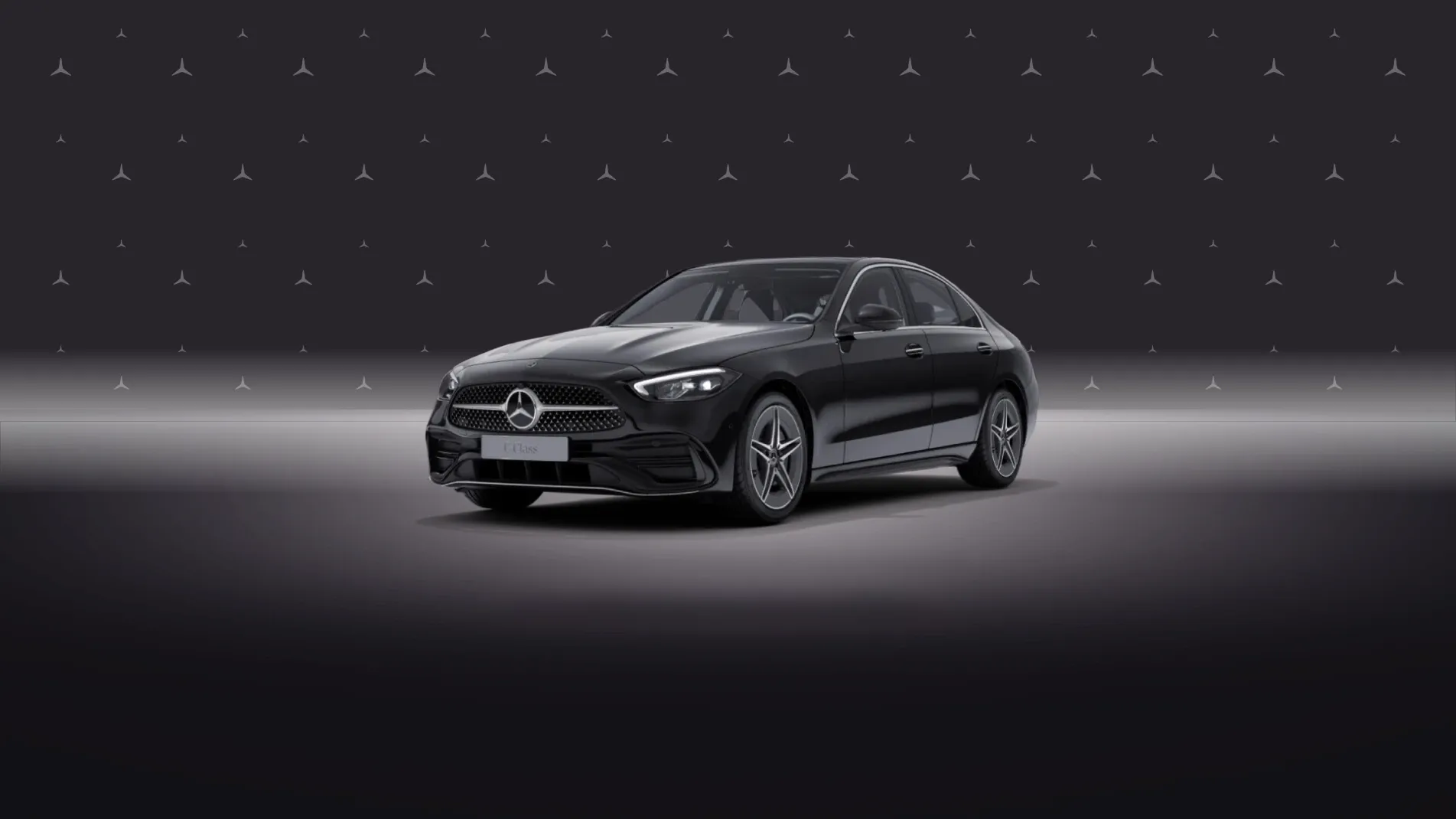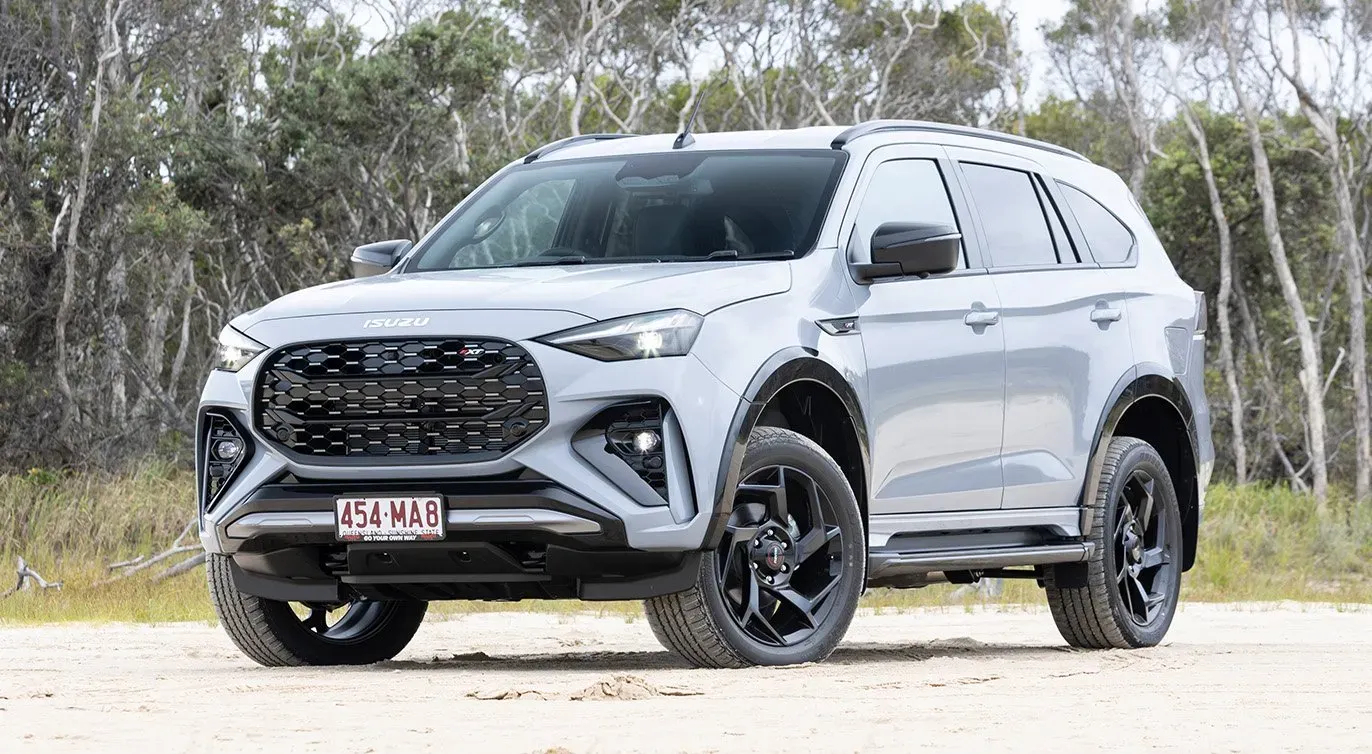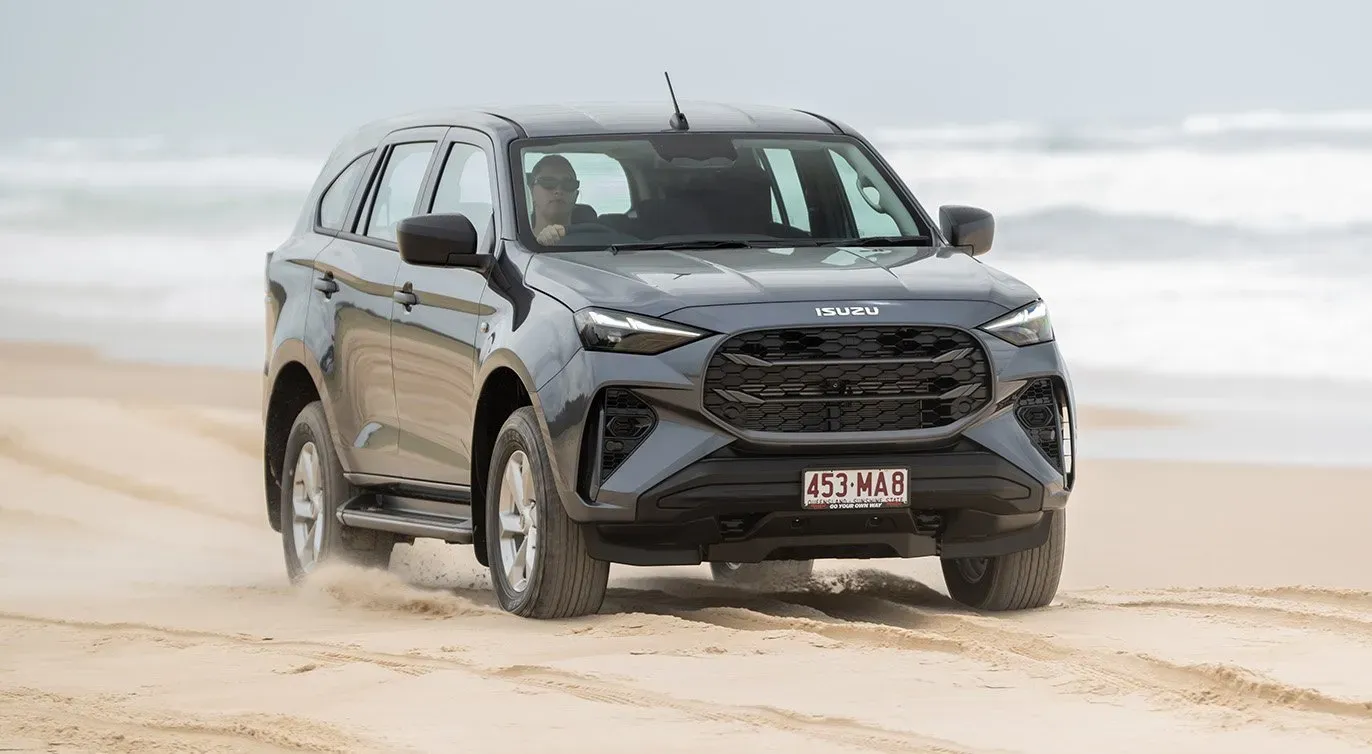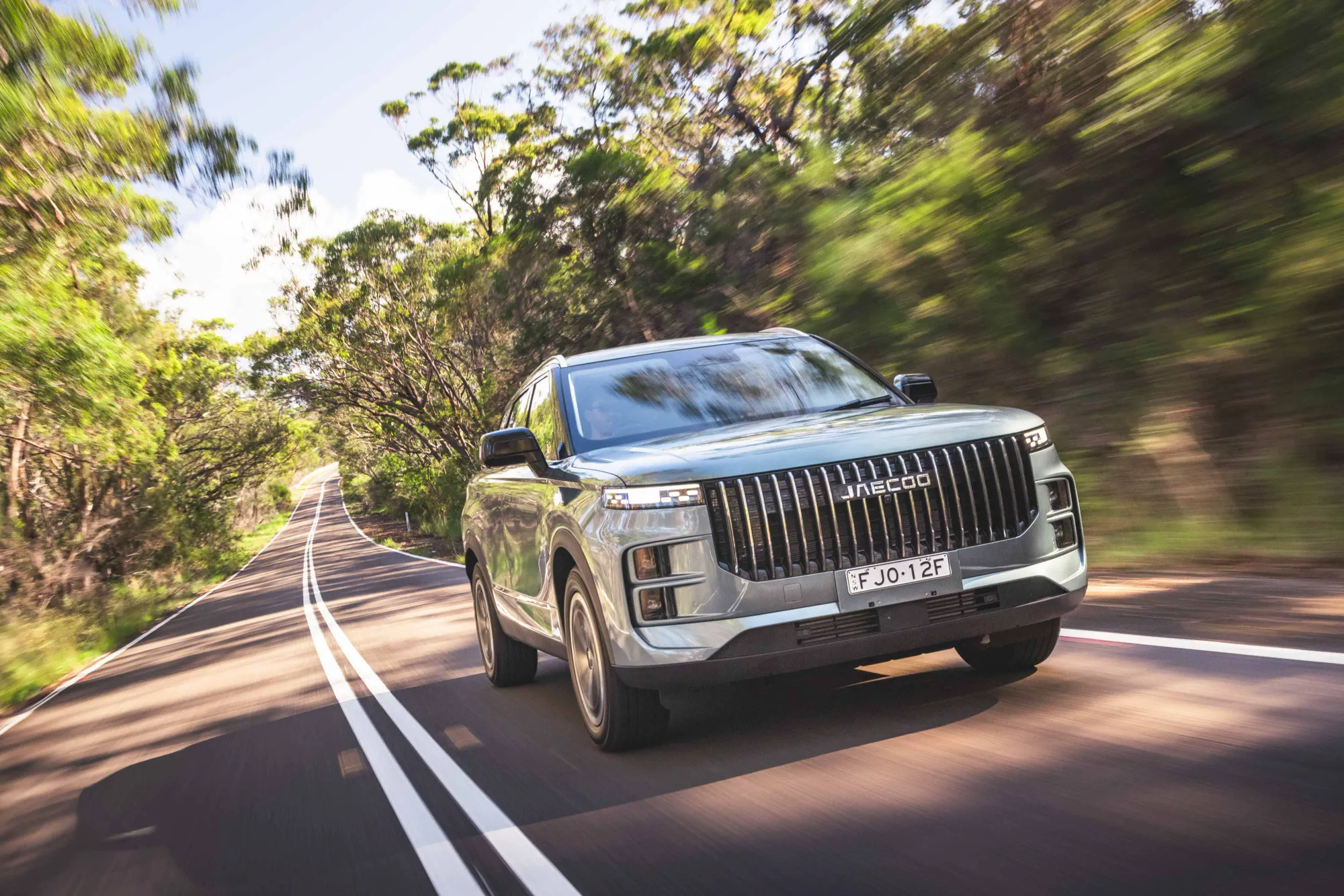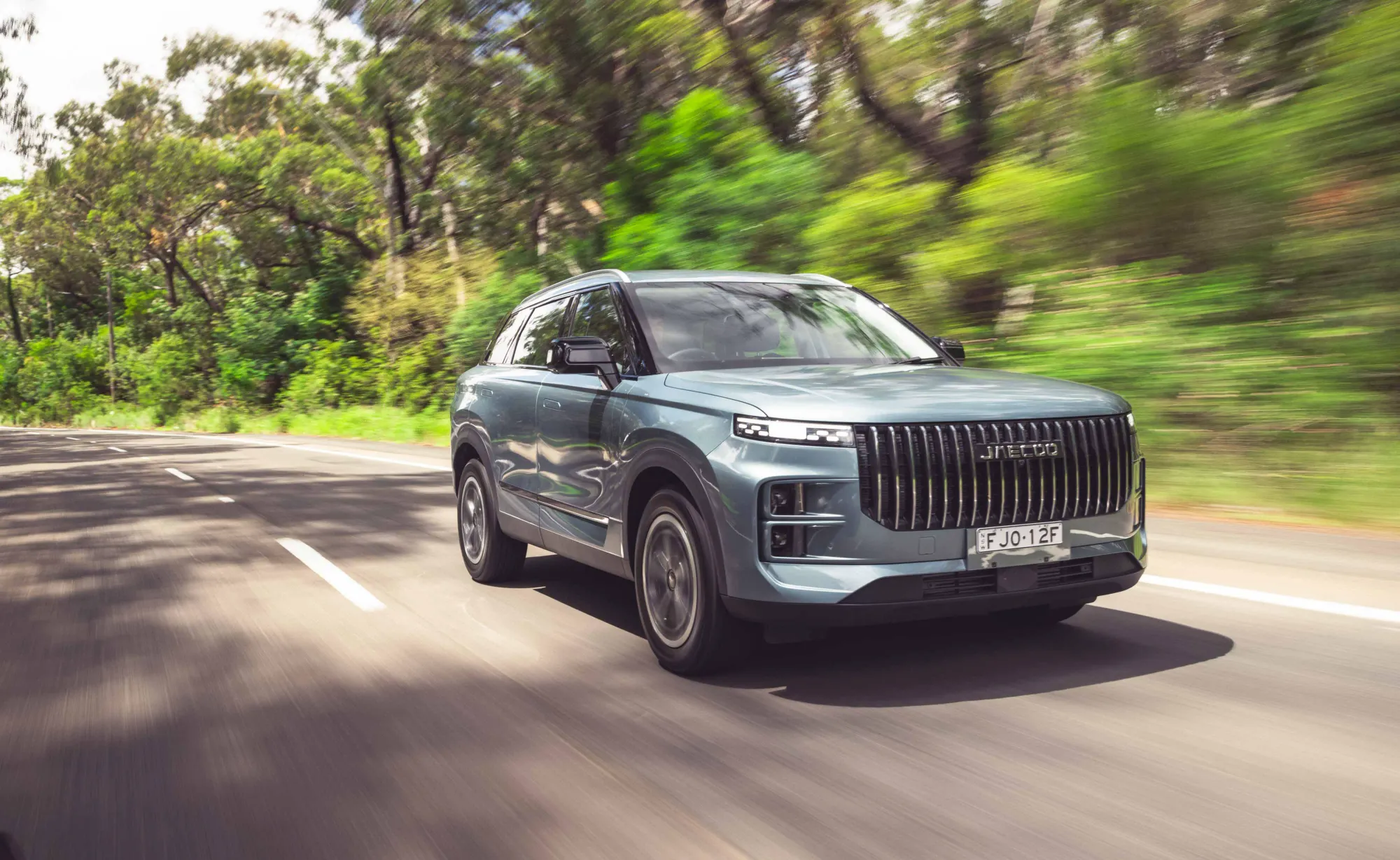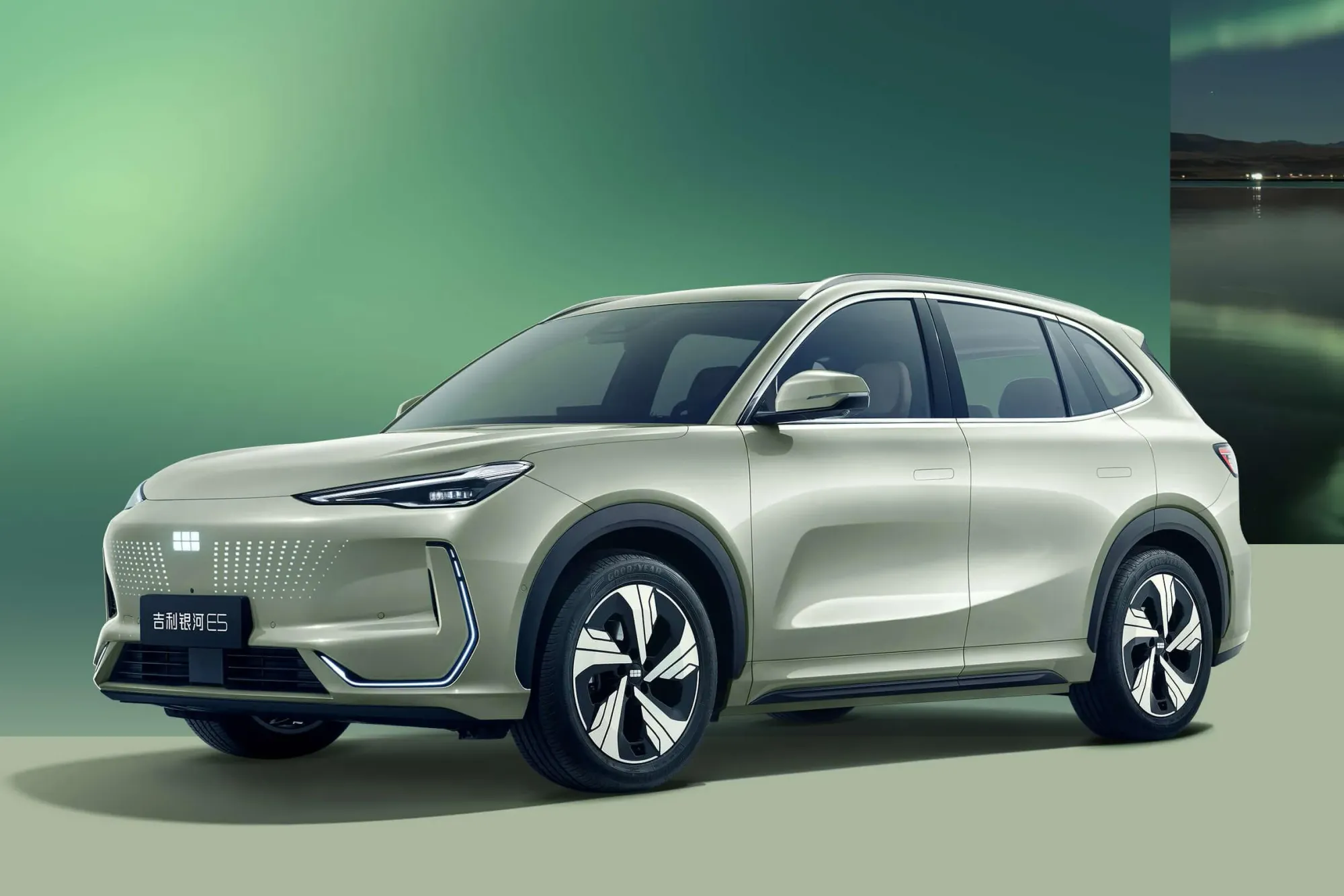BYD, through its local distributor EVDirect, is aiming to expand its retail network to over 100 locations across Australia in the next 6-12 months, with a particular focus on rural and regional areas. This expansion comes as the company targets sales of 45,000 vehicles in 2025, more than double its 2024 figure of 20,458 units.
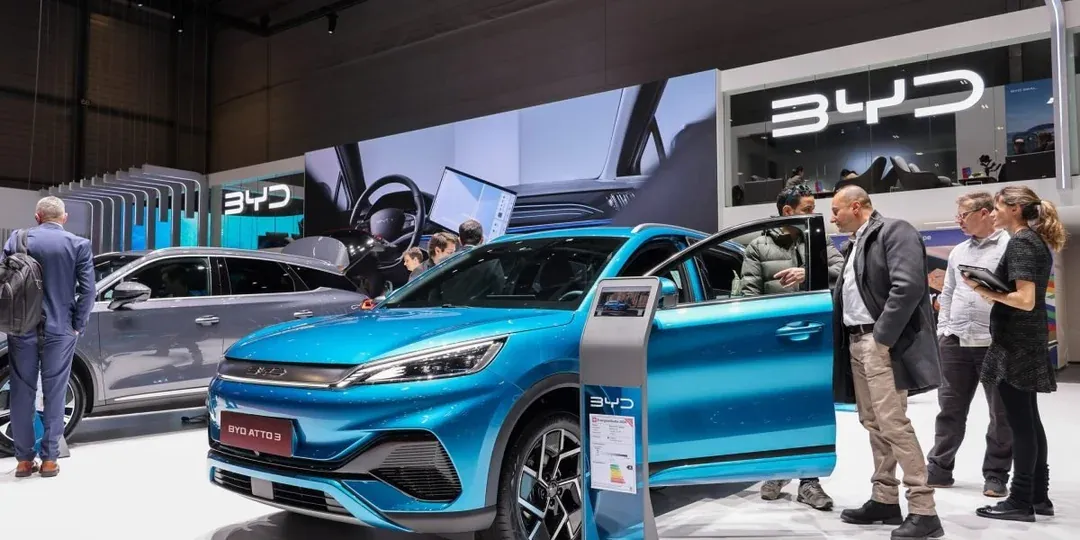
Expanding the Retail Footprint
EVDirect CEO David Smitherman highlighted the importance of rural expansion, stating, "We need to support vehicles like the new Shark 6 ute, which will be a vehicle that travels everywhere." Currently, BYD has 70 'experience centres' across Australia, but only four of these are in regional areas.
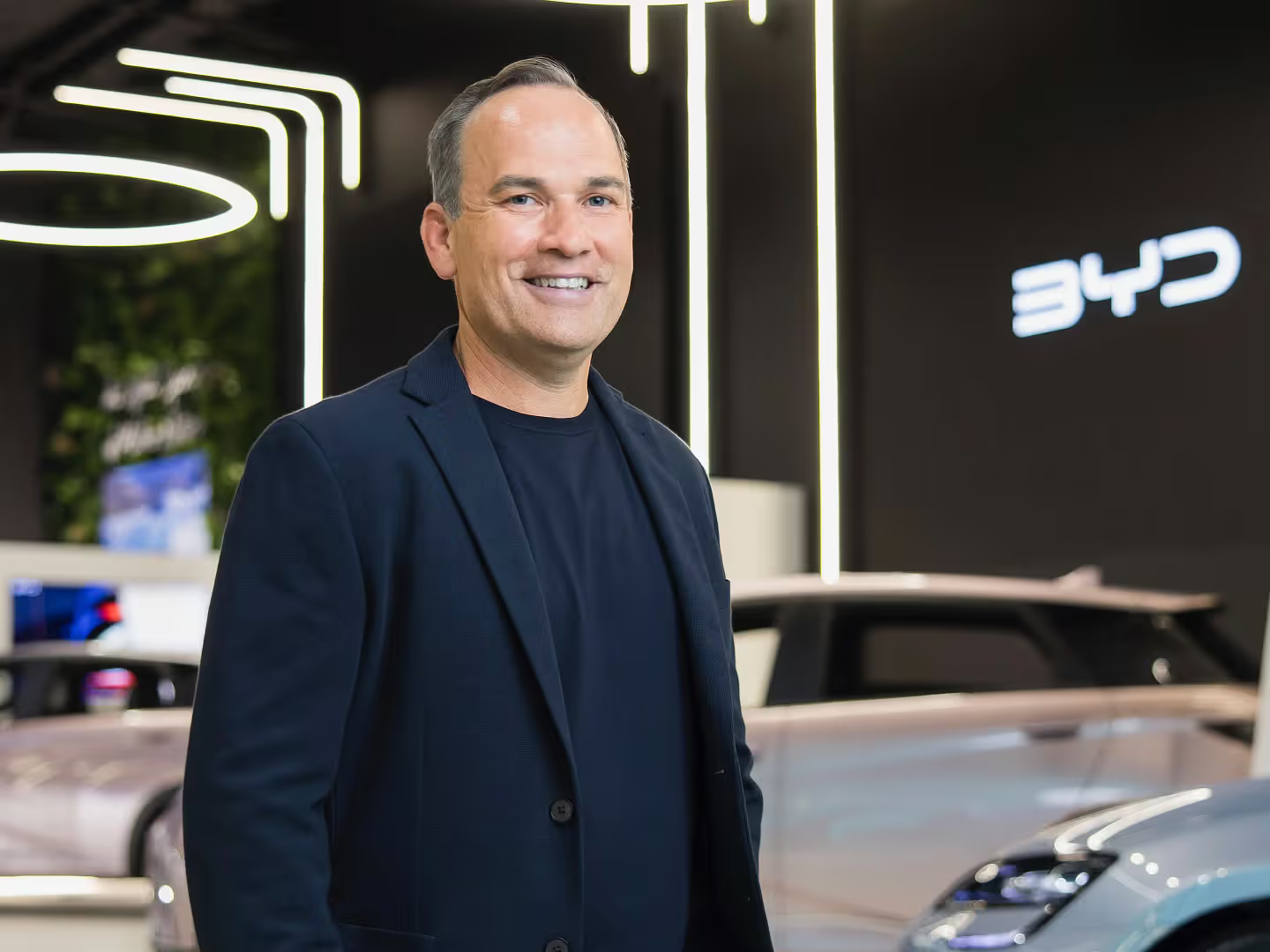
The planned expansion aims to fill gaps in the network, particularly inland from the east coast. This move is crucial for BYD's growth strategy, as it seeks to make its electric vehicles more accessible to customers outside major urban centres.
New Models and Competitive Pricing
BYD's growth strategy isn't solely reliant on expanding its retail network. The company is also introducing new models and competitive pricing to attract a wider customer base:
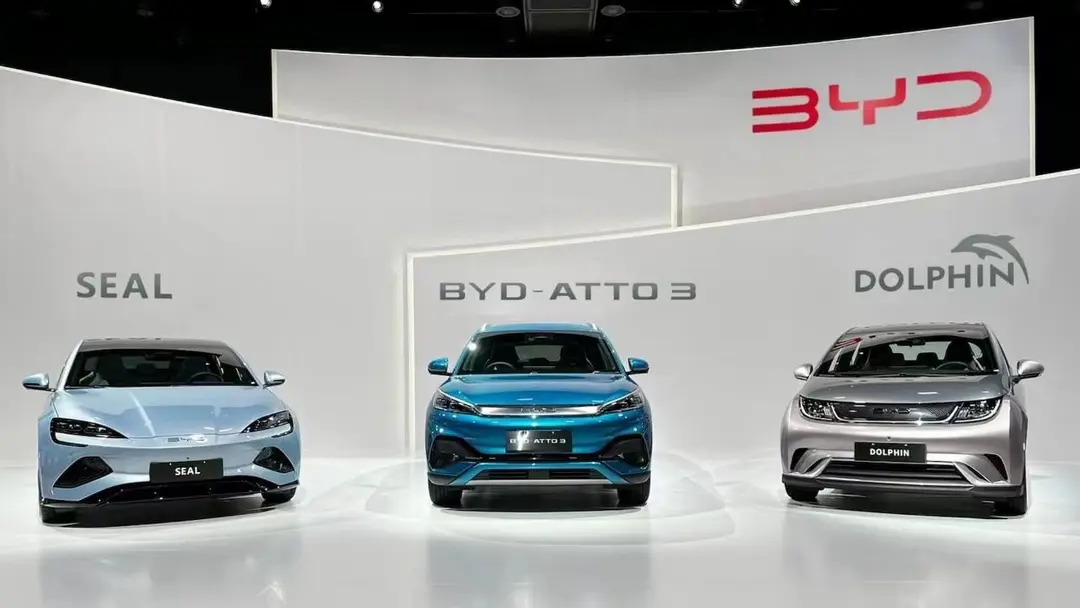
- The upcoming Shark 6 ute and Sealion 7 SUV are set to broaden BYD's product lineup
- New entry-level 'Essential' variants of existing models are being introduced to offer more affordable options
- Competitive pricing strategy, with the Sealion 6 Essential starting at $42,990 before on-road costs
Sales Performance and Targets
BYD has seen significant growth in the Australian market over the past two years:
- 2023 sales: 12,438 units
- 2024 sales: 20,458 units (a 60% increase from 2023)
- 2025 target: 45,000 units
In January 2025, the Sealion 6 led BYD's sales with 433 units, followed by the Atto 3 (105) and Dolphin (85). However, the company has faced a slow start to 2025 due to port delays affecting supply.
Challenges and Opportunities
While BYD's ambitious targets reflect confidence in the Australian market, the company faces several challenges:
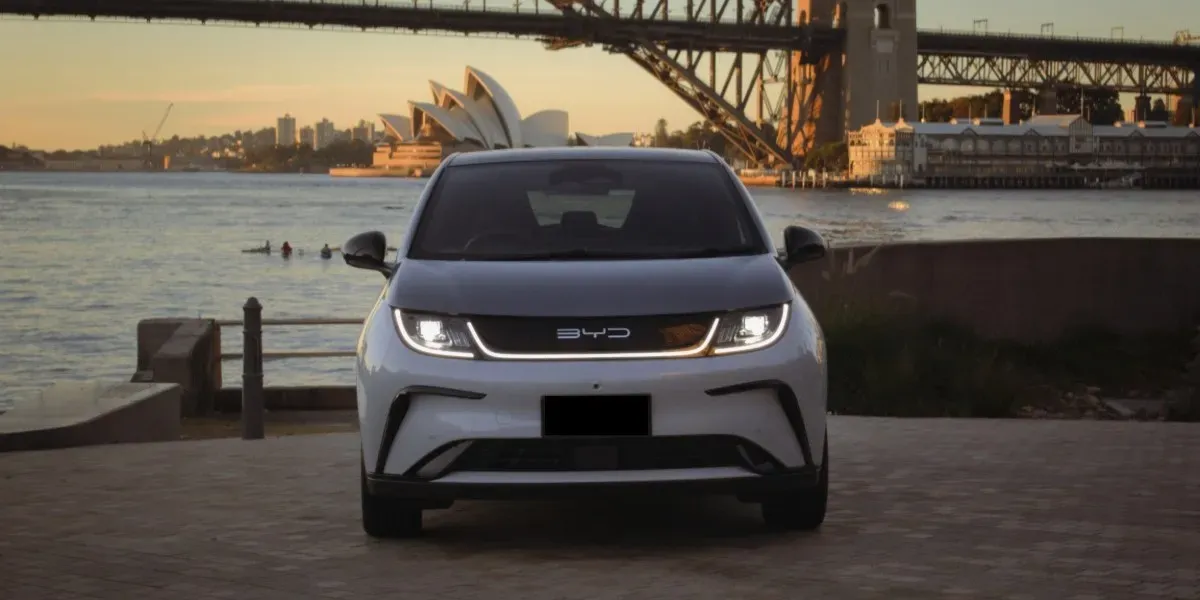
- Supply chain issues and port delays have impacted early 2025 sales
- Expanding into rural areas may require significant investment in charging infrastructure
- Competition from established brands and other emerging EV manufacturers
Despite these challenges, BYD sees significant opportunities in the Australian market, particularly in rural and regional areas where EV adoption has been slower. The company's focus on affordable models and an expanded retail network could help it capture a larger share of the growing EV market.
Looking Ahead
As BYD continues its push into rural Australia, it aims to establish itself as a major player in the Australian electric vehicle market. The success of this strategy could have significant implications for the broader EV industry in Australia, potentially accelerating the adoption of electric vehicles in areas traditionally dominated by internal combustion engine vehicles.
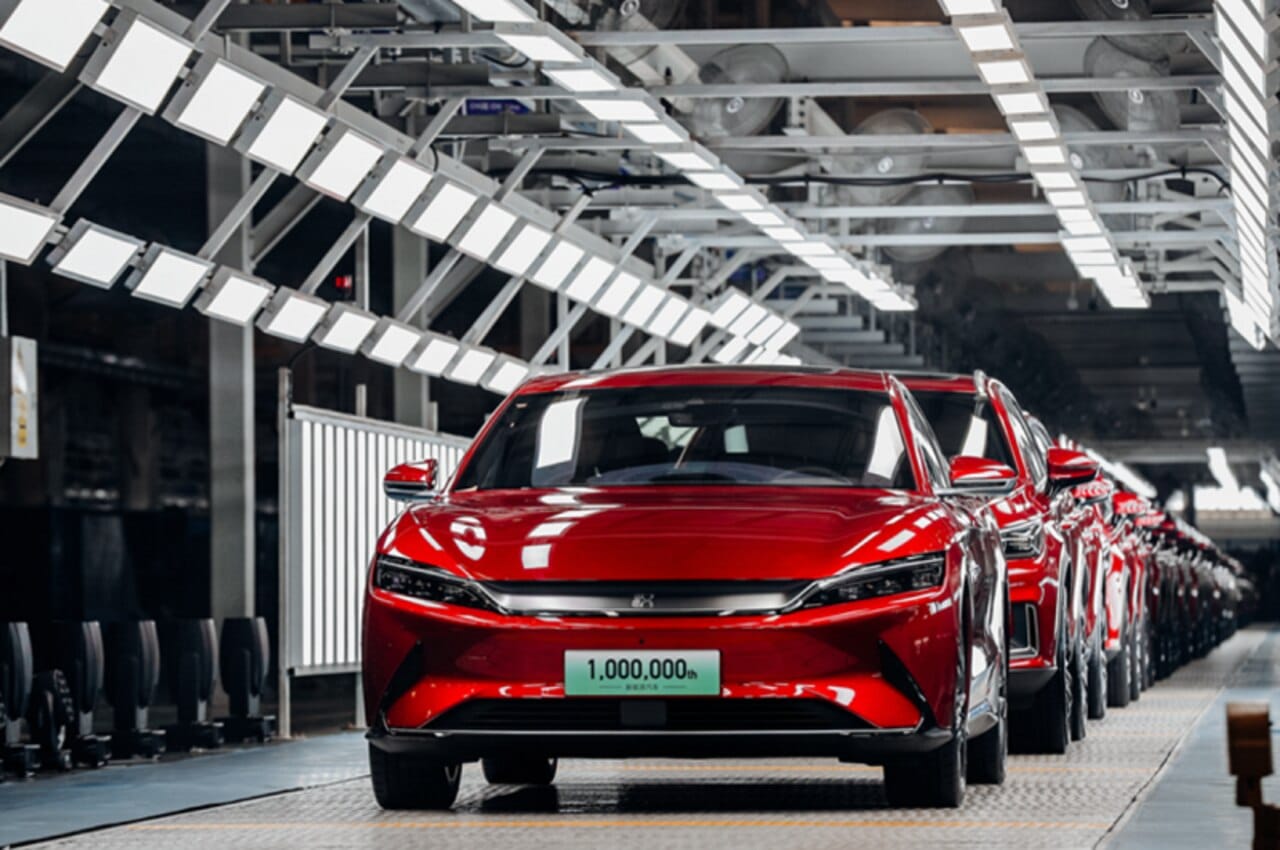
With its expanding range, competitive pricing, and growing retail network, BYD is positioning itself to challenge established brands and play a key role in Australia's transition to electric mobility. As the company's plans unfold throughout 2025, it will be interesting to see how this ambitious strategy impacts the Australian automotive landscape.



